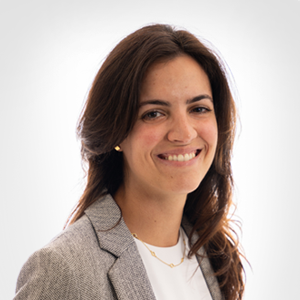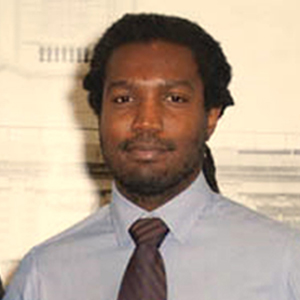Climate Week 2024
The Climate Crisis and Cities: The Role of Regional Food Policy
Cities have many tools they can leverage to meet their climate and sustainability goals, including values-based food procurement. Using this strategy, cities develop buying strategies that embed key values thought to be aligned with achieving climate and sustainability goals. To explore what cities are doing to support values-based food procurement, as well as the impacts of these strategies, The City Food Policy Project (CFP Project) will host three panels featuring government officials, development organizations, advocates, and researchers doing pioneering work.
Between the three panels, CFP Project hosted two networking sessions to offer a space for meeting fellow rural and urban stakeholders engaged in food governance, policymaking, innovation, sustainable food procurement, and supply chains. Attendees will gain invaluable insights to drive meaningful progress in their communities, build bridges, foster collaboration, and amplify their impact on a global scale.
City food policy is proving to be an agile tool in building sustainable food systems. Due to their purchasing power, cities have considerable opportunities to impact a broad range of environmental, economic, and social goals. The City Food Policy Project, a collaborative research project guided by partners in New York City government, New York State farmers, and other supply chain stakeholders, is working to develop the empirical tools that inform how cities understand tradeoffs associated with food procurement policies. In focusing on regional linkages, the CFP Project modeling approach allows researchers to simulate a variety of potential changes to New York City food procurement policies and observe the resulting effects throughout various stages of the supply chain that may affect environmental and economic outcomes.
















